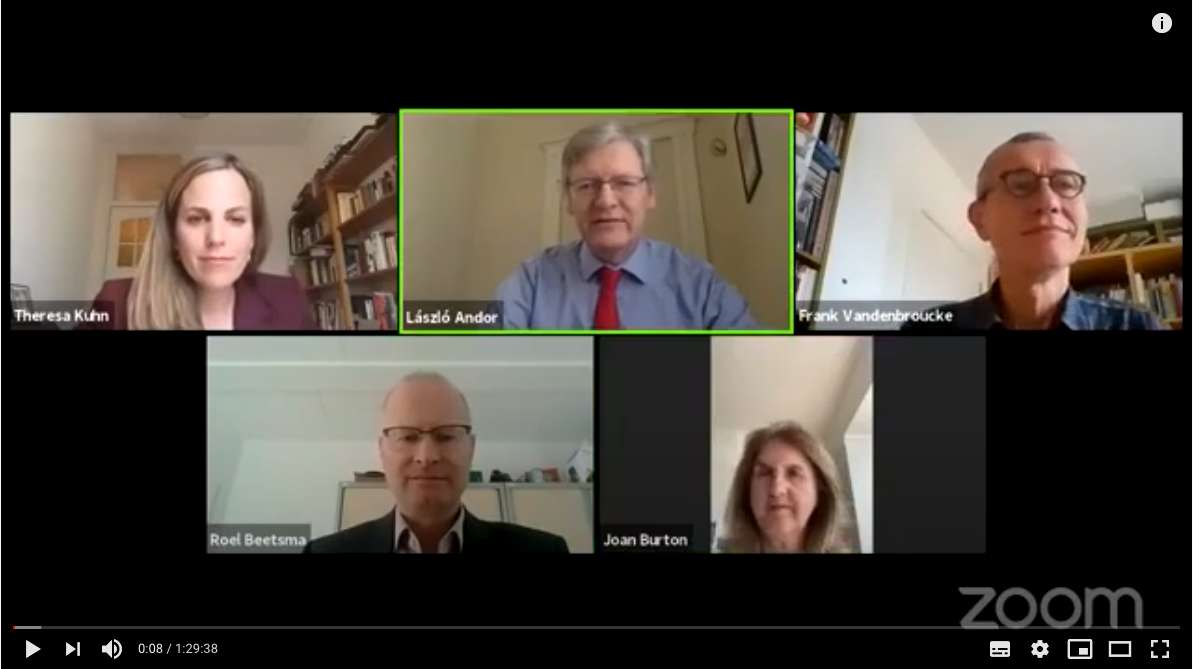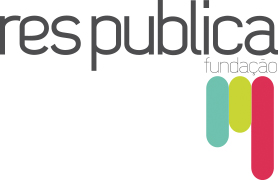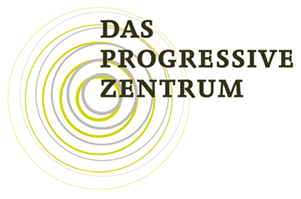FEPS Covid Response
Project
Europe is confronted with an unprecedented global health crisis. It is already clear that the human and economic cost of this COVID-19 outbreak will be massive. European institutions as well as some member states have promptly put forward some measures that clearly signal the need for a strong public-led strategy for a fast recovery of the European people and economy.
At this moment, policy-making requires support and ideas to design further responses that can meet the scale of the problem. FEPS contributes to this reflection with policy ideas, analysis of the different proposals and open-reflections with the new series of FEPS COVID Response Papers and the FEPS COVID Response Webinars, which you can find below.
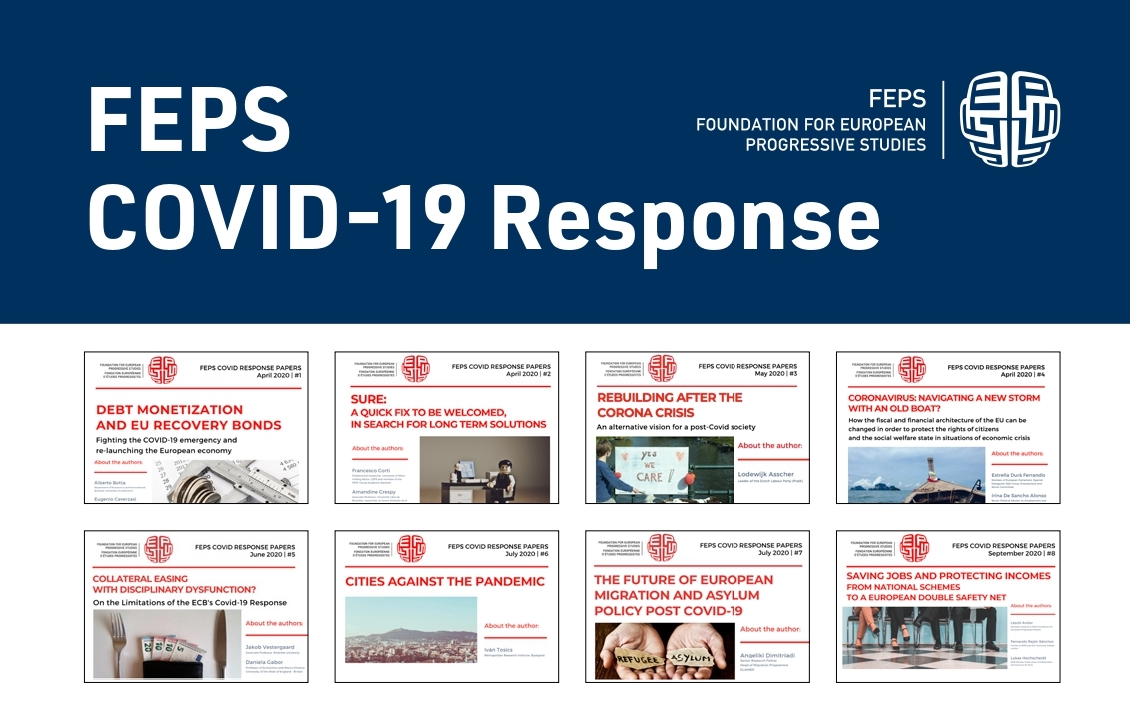
FEPS COVID Response Papers
#10 FEPS COVID Response Paper: Recovering from the pandemic: an appraisal of lessons learned.
By Professor Joseph Stiglitz. This paper provides observations from the failures and successes around the world in dealing with Covid-19 and its economic aftermath. Professor Stiglitz explains why, even with the best policies, the economic fall-out from Covid-19 is likely to be severe: there will not be a V-shaped recovery, but rather a U-shaped one. The real question is how deep the U will be, and how long it will take before a robust recovery. The author reviews the priorities for the recovery packages and highlights the areas in which government intervention is crucial.
#9 FEPS COVID Response Paper: The re-shaping of the political discourse in times of crises.
By Giacomo Bottos, Eleonora Desiata and Andrea Pareschi. In this FEPS Covid Response Paper #9, the authors build on the recent book “Changing political discourse in the aftermath of the 2008 crisis: the case of Italy” published by FEPS and Fondazione Gramsci, to outline the reasons for which Italy can be considered a laboratory for the rest of Europe in terms of political discourse. The southern-European country offers a unique angle to comprehend how populist parties – chiefly Salvini’s Lega and Movimento 5 Stelle – have displayed an impressive agenda-setting power, capable of re-shaping fundamental nodes of political competition. The authors present an appraisal of the discursive stance of Italy’s main political parties through three different lenses: i) representative institutions, ii) notions of citizenship and iii) foreign policy.
#8 FEPS COVID Response Paper: Saving jobs and protecting incomes: from national schemes to a European double safety net.
By László Andor, Fernando Rejón Sánchez and Lukas Hochscheidt. Job-saving schemes predicated upon the tenets of short-time work have been successful in preventing mass redundancies, long-term unemployment and business closures. We posit that, for as long as this exceptional health crisis persists, governments should not give up on their duty to provide a safety net for millions of workers who are still affected by the slowdown of aggregate demand across the continent. This paper presents an appraisal of the newly created SURE instrument. This is welcomed as a positive step towards the attainment of anti-cyclical stabilising mechanisms on a supranational level. However, we are clear in elucidating the limitations of this new scheme. It is limited to loans and, most importantly, its scope is constrained to those jobs that can be saved. More therefore needs to be done in light of the impending economic crisis.
#7 FEPS COVID Response Paper: The future of European Migration and Asylum Policy Post COVID19.
By Angeliki Dimitraidi. Five years on from the refugee ‘crisis’ of 2015 and the European Agenda on Migration, the EU is still lacking a common migration and asylum policy. The European Commission has now announced the release of the New Pact on Migration and Asylum for September 2020. Although intended for earlier, COVID-19 has both delayed the New Pact and proved a game-changer for migration and asylum policy. The New Pact must not only offer mandatory solidarity to frontline states but also rethink Europe’s approach to migration and asylum while guaranteeing and prioritising access to territory and protection for those in need.
#6 FEPS COVID Response Paper: Cities against the pandemic.
By Iván Tosics. In times of major crises such the one we are facing right now, strong and coordinated interventions are needed at the central and the local levels of government. In this paper concrete examples are given of the vital role local governments play in the fight against the COVID19 pandemic. The tasks of local governments are especially difficult in countries where the welfare system is underdeveloped, and cities constitute the last resort for people not protected by other systems. Municipalities can play a crucial role in ensuring that all members of the community are taken care of when the economy is at great risk of collapse.
#5 FEPS COVID Response Paper: On the limitations of the ECBs COVID19 response.
By Jakob Vestergaard and Daniela Gabor. The COVID-19 crisis caused stress in European sovereign debt markets. The potential impact on euro resilience of rapidly increasing spreads on Italian government bonds gave rise to particular concerns. The ECB’s response – ranging from the Pandemic Emergency Purchases Programme (PEPP) to several rounds of easing of its collateral policy – has been praised for quickly stabilizing government bond markets and ameliorating euro resilience concerns. But it may not last. As has often before been the case, the ECBs crisis response seeks to strike a balance between liquidity provision and risk control, but measures launched in the name of the latter threatens to undermine the former.
#4 FEPS COVID Response Paper: Coronavirus: navigating a new storm with an old boat?
By Estrella Durá Ferrandis and Irina de Sancho Alonso. How the fiscal and financial architecture of the EU can be changed in order to protect the rights of citizens and the social welfare state in situations of economic crisis. This paper analyses how the financial reforms, undertaken by the EU after the 2008 crisis, have legally and financially limited the State in its ability to intervene in many areas as well as raising barriers to its protective role. It explores how the macroeconomic and financial architecture that was implemented subsequently placed the financial system and macroeconomic stability on the highest pedestal of European objectives, relegating the rest of the social objectives provided for in the Treaties of the Union to a second category of importance, always subordinated to the achievement of the former.
#3 FEPS COVID Response Paper: Rebuilding after the corona crisis.
By Lodewijk Asscher. The Leader of the Dutch Labour Party (PvdA), explains how the global health crisis, which metastasised in an economic and social crisis, illustrates a crucial point: the era where the market was king, the individual the solution, and the state the problem is bankrupt, both technically and morally. To avoid that in this crisis, we again sacrifice the most vulnerable and mortgage our future, he considers it is high time to rein in shareholder-capitalism, whilst favouring cooperation over competition when rebuilding after the crisis.
#2 FEPS COVID Response Paper: SURE: A quick fix to be welcomed in the search for long-term solutions.
By Francesco Corti and Amandine Crespy. On 1st April, European Commission President von der Leyen announced the proposal to create a European instrument for temporary Support to mitigate Unemployment Risks in an Emergency (SURE). This instrument is to provide loans-based financial support to member states facing a sudden increase in public expenditure due to their quest to preserve employment. In this policy brief, the authors argue that SURE is a timely and welcome instrument to support member states as they address the short-term challenges of the Covid-19 crisis.
#1 FEPS COVID Response Paper: Debt Monetization and EU Recovery Bonds.
By Alberto Botta, Alberto Russo, Eugenio Caverzasi. This policy insight highlights some peculiar characteristics, from an economic point of view, of the current Covid-19 crisis. It looks at its exogenous nature with respect to Eurozone countries, as well as at the complex mix of supply and demand shocks it entails. Given these features, the authors suggest two intertwined policy measures in order to tackle the emergency phase of the crisis and the subsequent recovery.
FEPS COVID Response Webinars
#3 FEPS - ETUI Double Webinar:
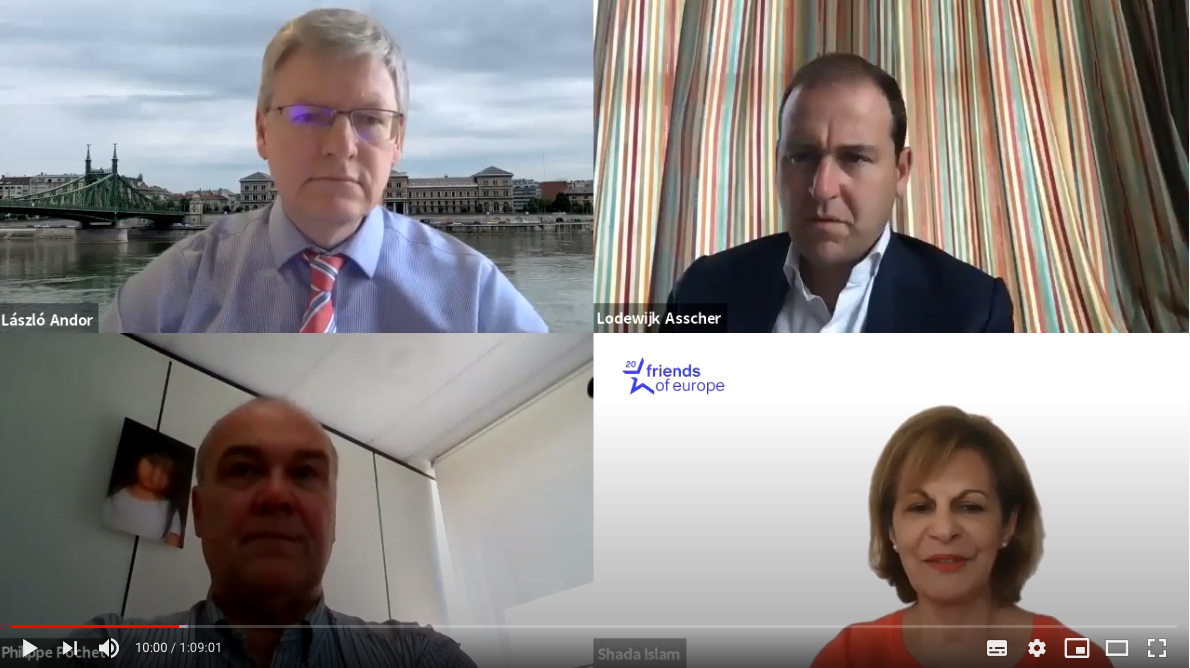 In the aftermath of the COVID crisis, Progressives need to come together to foster a strong common vision for a more resilient, equal and sustainable European society. The Foundation for European Progressive Studies (FEPS) and the European Trade Union Institute (ETUI) hosted two discussions to address the EU recovery scenarios and the tools available to re-shape the society while tackling issues pre-covid highlighted by the crisis and the inequalities those last months have exacerbated. Watch Session 1 and Session 2
In the aftermath of the COVID crisis, Progressives need to come together to foster a strong common vision for a more resilient, equal and sustainable European society. The Foundation for European Progressive Studies (FEPS) and the European Trade Union Institute (ETUI) hosted two discussions to address the EU recovery scenarios and the tools available to re-shape the society while tackling issues pre-covid highlighted by the crisis and the inequalities those last months have exacerbated. Watch Session 1 and Session 2
Speakers: Paul Magnette, President, Parti Socialiste and Member of FEPS Scientific Council, Agnès Bénassy-Quéré, Université Paris 1 Panthéon Sorbonne and Paris School of Economic and Peter Bofinger, University of Wuerzburg and Member of FEPS Scientific Council, Lodewijk Asscher, PvdA Party Leader, Philippe Pochet, General Director, ETUI, Shada Islam, Director of Europe and Geopolitics, Friends of Europe
#2 FEPS COVID Response Webinar: EU Spending that Empowers: for an inclusive and more resilient Europe
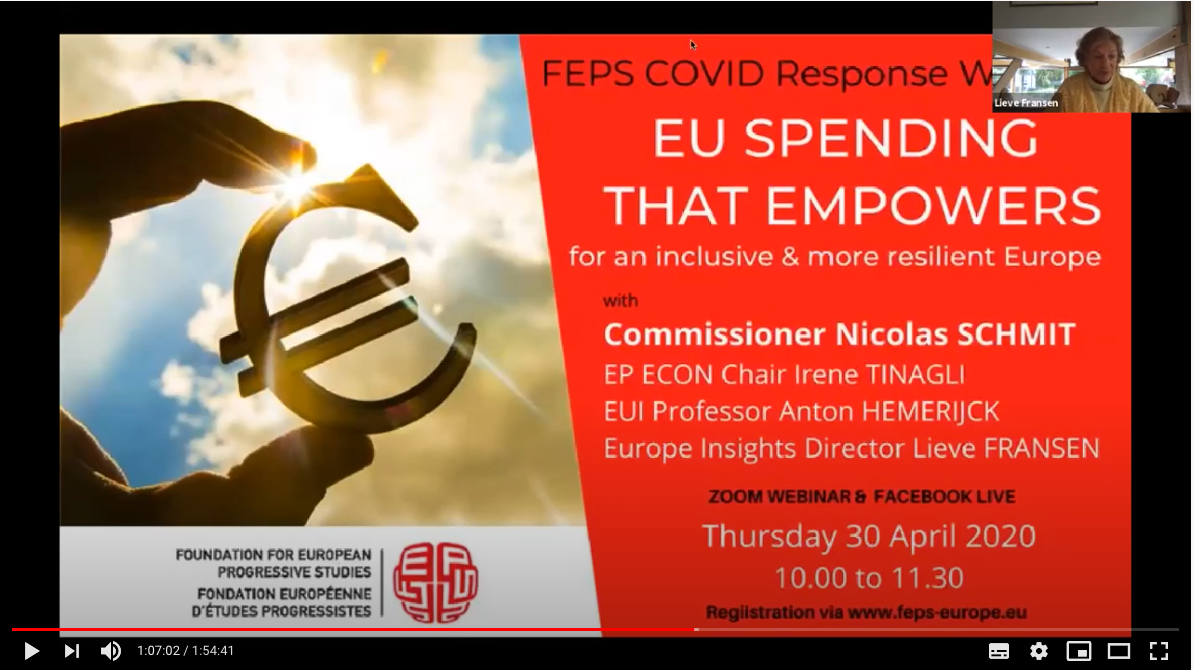
This public online event was the occasion to discuss how government spending targeted to social outcomes can play a role in the recovery strategy from the pandemic. It was an opportunity to reflect on how a social investment approach could play a role in the reconstruction of European welfare systems and how it can find its place in the next budget of the European Union. Watch the webinar
Speakers: EU Commissioner Nicolas Schmit, Professor Anton Hemerijck (European University Institute), FEPS Secretary General László Andor, Lieve Fransen (Director of Europa Insights), MEP Irene Tinagli (Chair of ECON EP Committee)
#1 FEPS COVID Response webinar: Is Europe SURE?
The global financial crisis left us with one certainty: the EU is not well equipped with counter-cyclical measures that can promptly respond to negative shocks. Many influential voices have put forward proposals for a stabilisation function within the EU or the Euro area, nonetheless, we have entered this new unexpected crisis without the policy tools we needed to offset it. Once again, European institutions have the difficult task now to design and implement new policy arrangements amidst the emergency. In this webinar the expert panel discussed one of the instruments proposed, the "Support to mitigate Unemployment Risks in an Emergency" (SURE), which is one of the likely innovations brought to life thanks to the pandemic-induced political will. Watch the webinar
Speakers: Frank Vandenbroucke, University of Amsterdam, Theresa Kuhn, Co-Director of the Amsterdam Center for European Studies, Roel Beetsma, Member of the European Fiscal Board, Joan Burton, Former Minister of Social Protection of Ireland, László Andor, FEPS Secretary-General


